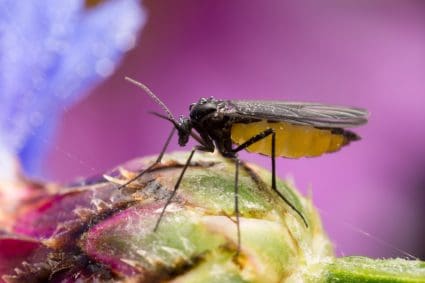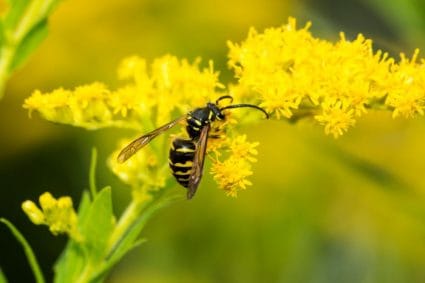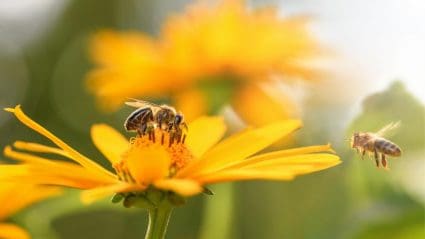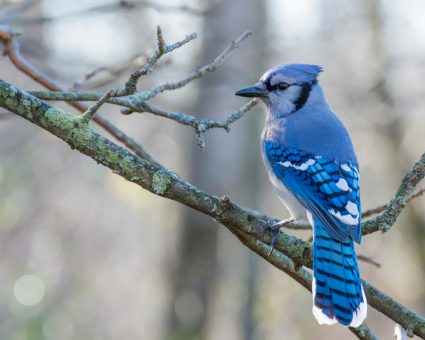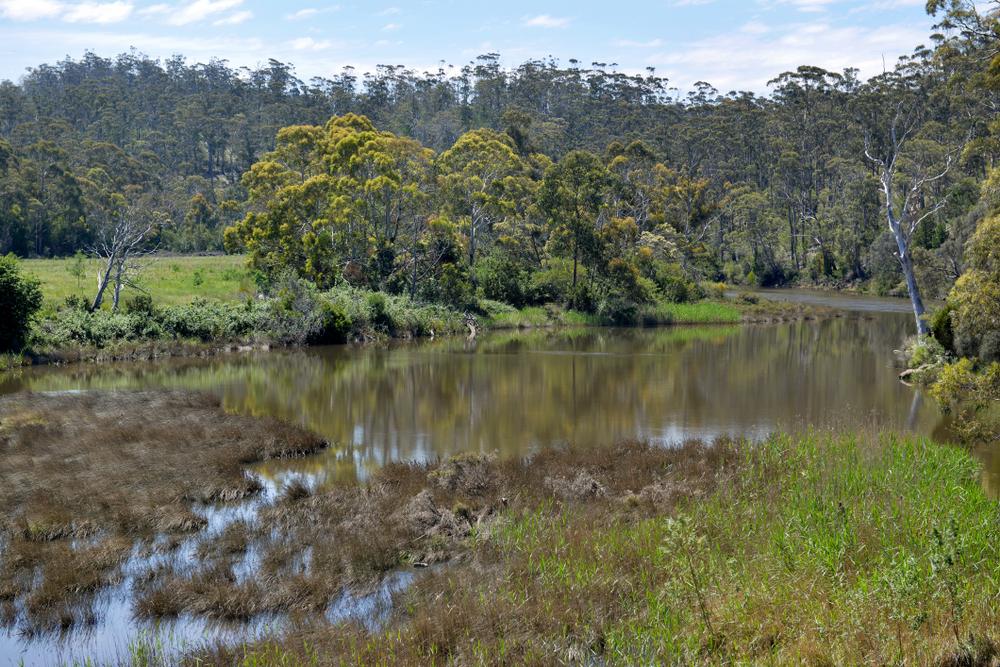
Skunks are notorious for their foul smell and are often unwelcome guests in our backyards. They tend to find shelter in dark, quiet places like under sheds, making it a common problem for homeowners. In this comprehensive guide, we’ll explain how to get rid of skunks under a shed using safe and effective methods.
To get rid of skunks under a shed, first ensure they are present by looking for signs such as faint bad odors, holes and shallow burrows, and damage to plants. Then, eliminate food sources, use repellents like ammonia or apple cider vinegar, install an exclusion barrier around your shed, and make the area less appealing to skunks by using lights or noise. If these methods are unsuccessful, consider contacting a professional wildlife removal service. Always use humane methods and take precautions to avoid direct contact with skunks.
Signs of Skunks Under Your Shed
Before you can deal with skunks, you need to identify their presence. Some common signs include:
- Faint bad odors: Skunks have a distinct smell. If you notice a faint musky odor around your shed, it could indicate their presence.
- Holes and shallow burrows in the yard: Skunks dig perfectly circular and shallow holes in the ground to locate and feed on insects. If you see such holes around your shed or house’s foundation, it could be a sign of skunks in the area.
- Digging signs around the shed: Skunks are good burrowers, and you may see signs of digging around the entrance to the cavity beneath your shed.
- Cone-shaped digging signs in your garden: Skunks forage for insects close to their den, so you may see cone-shaped digging signs in your garden.
- Damage to lower leaves or ears of ripening garden crops: Skunks may knock over plants or cause damage to lower leaves or ears of ripening garden crops, such as corn.
If you suspect skunks are living under your shed, it’s essential to take precautions and avoid direct contact with them, as they can transmit diseases through bites and scratches.
Risks & Dangers of Skunks
Having skunks under a shed can pose several risks and dangers. These include:
- Skunk spray: Skunks use their spray as a defense mechanism when they feel threatened. The spray is highly irritating and can cause eye irritation, nausea, or vomiting in humans and pets.
- Disease transmission: Skunks can transmit diseases such as hepatitis, tularemia, or rabies through bites and scratches. Their feces may also contain disease-causing microorganisms that can contaminate soil and groundwater.
- Property damage: Skunks can cause damage to your property by digging around the shed or deck area. They may also target gardens, garbage bins, and any food left outside.
- Nuisance: A skunk living under your shed or deck can become a nuisance, especially if you or your pets unknowingly cross its path.
Non-Harmful Methods to Remove Skunks
To effectively and humanely remove skunks from under a shed, you can try the following methods:
- Eliminate food sources: Remove any potential food sources from your yard, such as fallen fruit, pet food, and unsecured garbage cans.
- Use repellents: Soak rags in ammonia or apple cider vinegar, place them in a plastic bag, poke holes in the bag to let the fumes out, and place the bag near the skunk’s den. Skunks dislike these strong smells and may leave the area. Alternatively, you can use predator urine or synthetic analogs available at garden stores.
- Install an exclusion barrier: To prevent skunks from returning, install a heavy-gauge galvanized hardware cloth around the perimeter of the shed, burying it at least 2 inches below the ground and extending it at least 12 inches outward.
- Practice ‘humane harassment’: Make the area under the shed less appealing to skunks by making it less quiet, dark, and safe. You can use lights, noise, or other disturbances to encourage the skunks to leave.
Remember to be patient and avoid using harmful methods such as poison or trapping, as these can harm the skunks and leave you with a dead animal and a lingering odor. If you’re unsure about handling the situation yourself, consider contacting a professional wildlife removal service to help you safely and humanely remove the skunks.
Precautions When Removing Skunks
When attempting to remove skunks from your property, homeowners should take several precautions to ensure safety and effectiveness. These include:
- Remove food sources: Skunks are attracted to easily accessible food, so secure your trash cans, remove fallen fruit, and avoid leaving pet food outside.
- Eliminate potential den sites: Clear away debris, woodpiles, and rock piles from your property to reduce the number of places skunks can establish a den.
- Use repellents: Ammonia-soaked rags, mothballs, or homemade pepper spray can be used to deter skunks from your property.
- Block access points: Seal any cracks or holes along your home’s foundation, but make sure to leave the main den hole open. Sprinkle flour around the den during the day when the skunk is inside, and monitor for footprints to ensure the skunk has left before sealing the hole.
- Use live traps: If necessary, use a live trap baited with food like peanut butter or sardines to humanely capture the skunk. Always check local regulations before attempting to trap skunks.
- Approach trapped skunks with caution: When approaching a trapped skunk, do so slowly and quietly to avoid upsetting the animal and triggering a spray.
- Wear protective clothing: Use long sleeves, gloves, and other protective gear when handling skunks or their dens.
- Call professionals if needed: If you’re unable to remove the skunk yourself or feel uncomfortable doing so, contact a professional wildlife removal service to handle the situation.
Remember, skunks are generally non-aggressive and play a beneficial role in the ecosystem. It’s essential to use humane methods when attempting to remove them from your property.
Conclusion
Skunks can be a nuisance, but they also play an important role in controlling pests. By taking the steps outlined in this guide, you can effectively and humanely remove skunks from under your shed and prevent them from returning. If you’re unsure about handling the situation yourself, don’t hesitate to contact a professional wildlife removal service. They have the expertise and equipment to handle the situation safely and effectively.
Frequently Asked Questions
What time of day are skunks most active?
Skunks are primarily nocturnal animals. They are most active during the night, especially around dusk and dawn.
Can I use mothballs to deter skunks?
Yes, mothballs can serve as a deterrent for skunks because they dislike the smell. However, they should be used with caution as they can be harmful to pets and children if ingested.
Do all skunks carry rabies?
Not all skunks carry rabies, but they are one of the most common carriers of the disease in North America. It’s best to avoid direct contact with skunks to prevent potential exposure.
Can skunks climb fences?
Skunks are not good climbers. They generally prefer to dig under or squeeze through gaps in fences rather than climbing over them.
How long does skunk smell last?
Skunk spray can linger in the air for days and on surfaces for weeks or even months if not properly cleaned. The smell can be removed with a mixture of hydrogen peroxide, baking soda, and dish soap.


